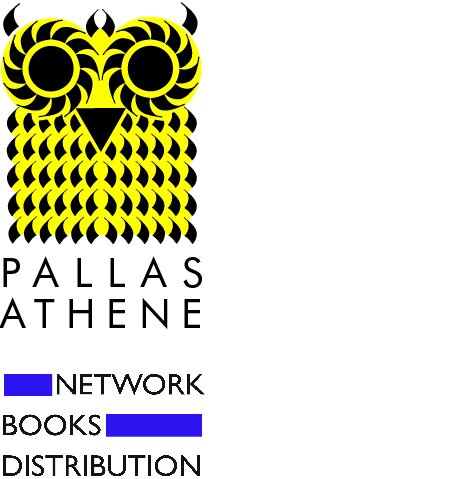The Nature of Gothic, by John Ruskin
The Nature of Gothic, by John Ruskin
Order from Bookshop.org
Order from Hive
Paperback – 210 x 148 mm – 160 pages
ISBN 9781843681014
The Nature of Gothic started life as a chapter in Ruskin’s masterwork, The Stones of Venice. Ruskin came to lament the “Frankenstein monsters’ of Victorian buildings-with-added-Gothic which The Stones inspired; but despite his misgivings the original moral purpose of his writing had not fallen on stony ground. ‘The Nature of Gothic’, the last chapter of the second volume, had marked his progression from art critic to social critic; in it he found the true seam of his thought, and it was quickly recognised for the revolutionary writing it was. As Morris himself put it, The Nature of Gothic ‘pointed out a new road on which the world should travel’; and in its indictment of meaningless modern labour and its celebration of medieval architecture it could be called the foundation stone of Morris’s aesthetic and purpose in life. Forty years after he first read it, Morris chose Ruskin’s text for one of the first books to be published at his Kelmscott Press, using his own Golden type. It is one of the summits of his career, and one of the most beautiful books ever published.
Few books can so completely sum up an era. The Kelmscott Nature of Gothic encapsulates the meeting of two remarkable minds and embodies their influence in word, image and design. But more than that, Ruskin’s words are increasingly relevant for our times. In this facsimile edition, the first ever made of this rare book, the reader can fully appreciate their importance and their legacy, as understood by one of the most potent visual imaginations to have worked in Britain.
In this enlarged edition, essays by leading scholars, Robert Hewison (who was one of Ruskin’s successors as Slade Professor of Fine Art at Oxford University), Tony Pinkney (Senior Lecturer at Lancaster University) and Robert Brownell (lecturer, stained glass maker, and author of Marriage of Inconvenience) explain the importance of this book for Ruskin, for Morris, and for us today.
One of the very few necessary and inevitable utterances of the century
William Morris, in the Preface


